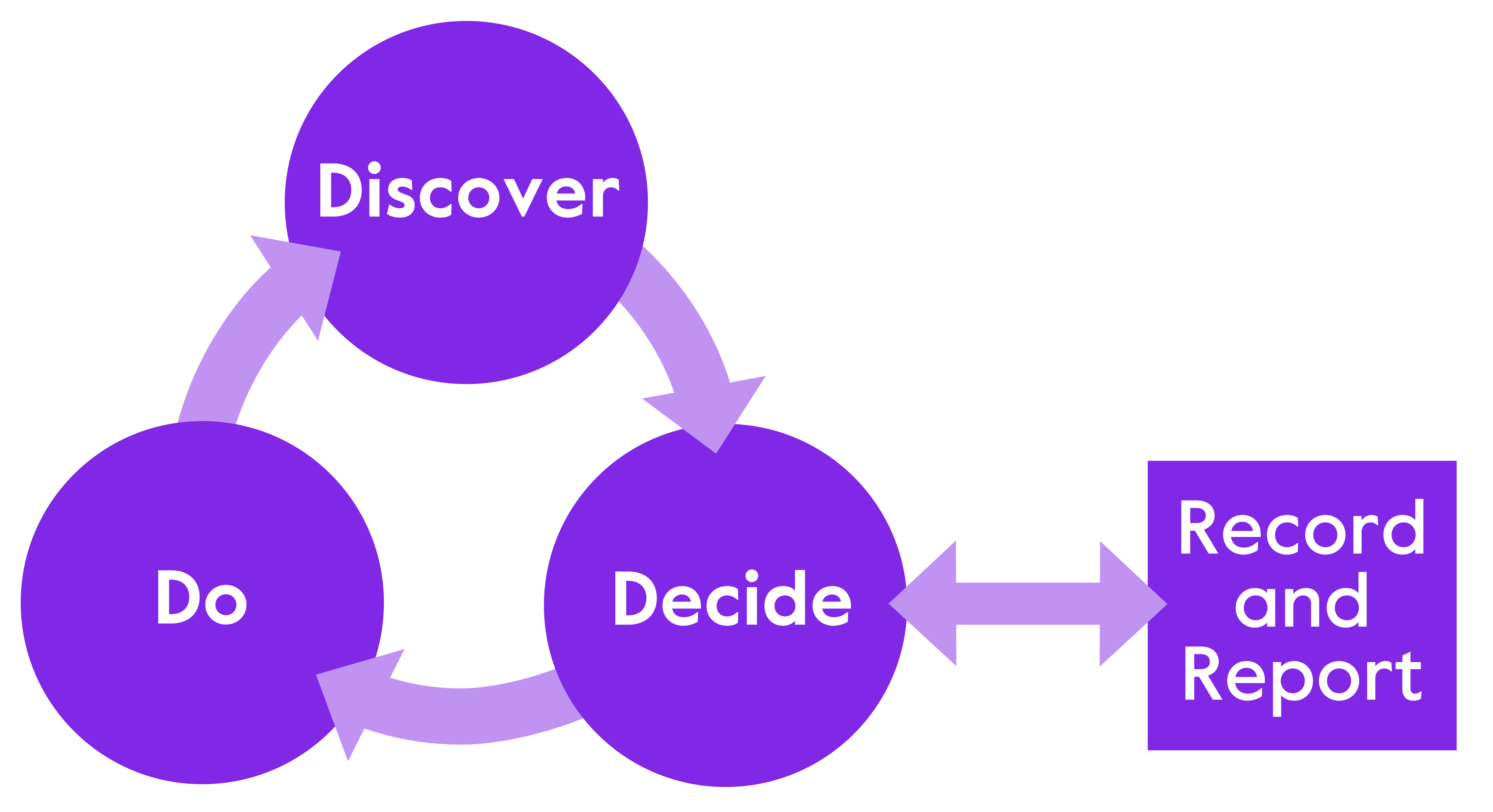Assessment Guidance
Case studies
These case studies illustrate assessment in Cambridge Early Years. In each one you can see how the principles of Discover, Decide, Do, Record and Report apply in different situations.

Case Study 4 - Sitting reading (5 year old)
Prisha has recently joined your centre in EY3. Her carers tell you that she loves books at home and can recognise many common words and decode phonetically regular words.
Stage |
Assessment Example |
|
|
Your morning routine is to start with the children altogether. Then they can choose to go to one of several activities for free play. Prisha always stays in the book corner. She picks a large picture book but looks around at what the other children are doing. |
|
|
You decide that Prisha’s body language suggests she is staying in the book corner because she is nervous, not because she is focussed on her choice of book. Her alert watching of the other children may indicate that she wants to join them but does not know how to. You therefore decide to focus on her Personal, Social and Emotional Development, in particular: 3PS.09 Build and maintain trusting relationships with a network of peers and adults, both at home and at school, showing appreciation and respect for others. |
|
|
You talk to Prisha and ask her what she enjoys doing. When she says painting, you take her to join a group of children in the art area. You model with her how to introduce herself and help her to settle into the group. |
|
|
You decide not to make a record of this but observe Prisha over the next days until you are confident that she has made some friends. |



